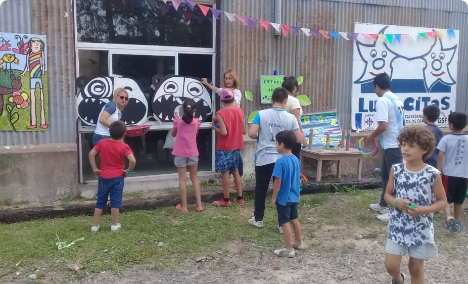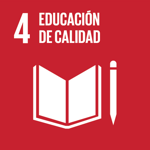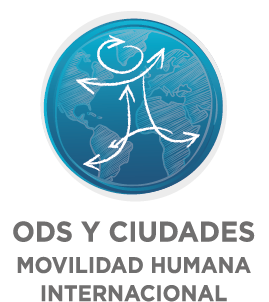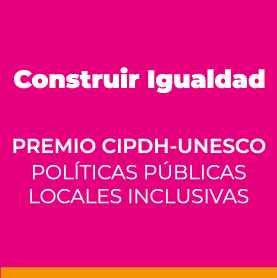
- Region
- Latin America and the Caribbean
- Range of Demographic Size
- 20,000 to 49,999 inhabitants (small)

4.2 By 2030, ensure that all girls and boys have access to quality early childhood development, care and pre-primary education so that they are ready for primary education.
4.1 By 2030, ensure that all girls and boys complete free, equitable and quality primary and secondary education which must be free, equitable and of quality and leading to relevant and effective learning outcomes.
4.3 By 2030, ensure equal access for all women and men to affordable and quality technical, vocational and tertiary education, including university.
4.5 By 2030, eliminate gender disparities in education and ensure equal access to all levels of education and vocational training for the vulnerable, including persons with disabilities, indigenous peoples and children in vulnerable situations.
4.6 By 2030, ensure that all youth and at least a substantial proportion of adults, both men and women, achieve literacy and numeracy.
4.7 By 2030, ensure that all learners acquire the knowledge and skills needed to promote sustainable development, including, among others, through education for sustainable development and sustainable lifestyles, human rights, gender equality, promotion of a culture of peace and non-violence, global citizenship and appreciation of cultural diversity and of culture’s contribution to sustainable development, among other means.
4.b By 2020, substantially expand globally the number of scholarships available to developing countries, in particular least developed countries, small island developing States and African countries, for enrolment in higher education, including vocational training and information and communications technology, technical, engineering and scientific programmes, in developed countries and other developing countries.
B - Rights, needs, responsibilities and requirements of girls, boys, adolescents and youth
C - Ageing, social protection and socioeconomic challenges
Summary
The Acompañar Program is a comprehensive and permanent educational support program. Presented as a municipal public policy for human development with social inclusion, it is intended to improve personal development from early childhood to adulthood. The municipal areas of Social Development, Education, Production, Sports and Culture are involved.
Its purpose is to contribute to the comprehensive development of the individual to participate in different areas of life, favoring, enriching and strengthening self-confidence and confidence in their own possibilities, to open doors to equal opportunities.
Implementation Date:
Start: 07 / 31 / 2017
End: End: Currently in force
Children and teenagers
The elderly
Society in general
- Email: intendencia@sanjusto.gov.ar
- Web: http://sanjusto.gov.ar/
- Telephone: (Español) +54 934 9843-0537
- Social Network:
Instrumentos

4.2 By 2030, ensure that all girls and boys have access to quality early childhood development, care and pre-primary education so that they are ready for primary education.
4.1 By 2030, ensure that all girls and boys complete free, equitable and quality primary and secondary education which must be free, equitable and of quality and leading to relevant and effective learning outcomes.
4.3 By 2030, ensure equal access for all women and men to affordable and quality technical, vocational and tertiary education, including university.
4.5 By 2030, eliminate gender disparities in education and ensure equal access to all levels of education and vocational training for the vulnerable, including persons with disabilities, indigenous peoples and children in vulnerable situations.
4.6 By 2030, ensure that all youth and at least a substantial proportion of adults, both men and women, achieve literacy and numeracy.
4.7 By 2030, ensure that all learners acquire the knowledge and skills needed to promote sustainable development, including, among others, through education for sustainable development and sustainable lifestyles, human rights, gender equality, promotion of a culture of peace and non-violence, global citizenship and appreciation of cultural diversity and of culture’s contribution to sustainable development, among other means.
4.b By 2020, substantially expand globally the number of scholarships available to developing countries, in particular least developed countries, small island developing States and African countries, for enrolment in higher education, including vocational training and information and communications technology, technical, engineering and scientific programmes, in developed countries and other developing countries.
B - Rights, needs, responsibilities and requirements of girls, boys, adolescents and youth
C - Ageing, social protection and socioeconomic challenges
Location
- Region
- Latin America and the Caribbean
- Range of Demographic Size
- 20,000 to 49,999 inhabitants (small)
Contact details
- Email: intendencia@sanjusto.gov.ar
- Web: http://sanjusto.gov.ar/
- Telephone: (Español) +54 934 9843-0537
- Social network:



